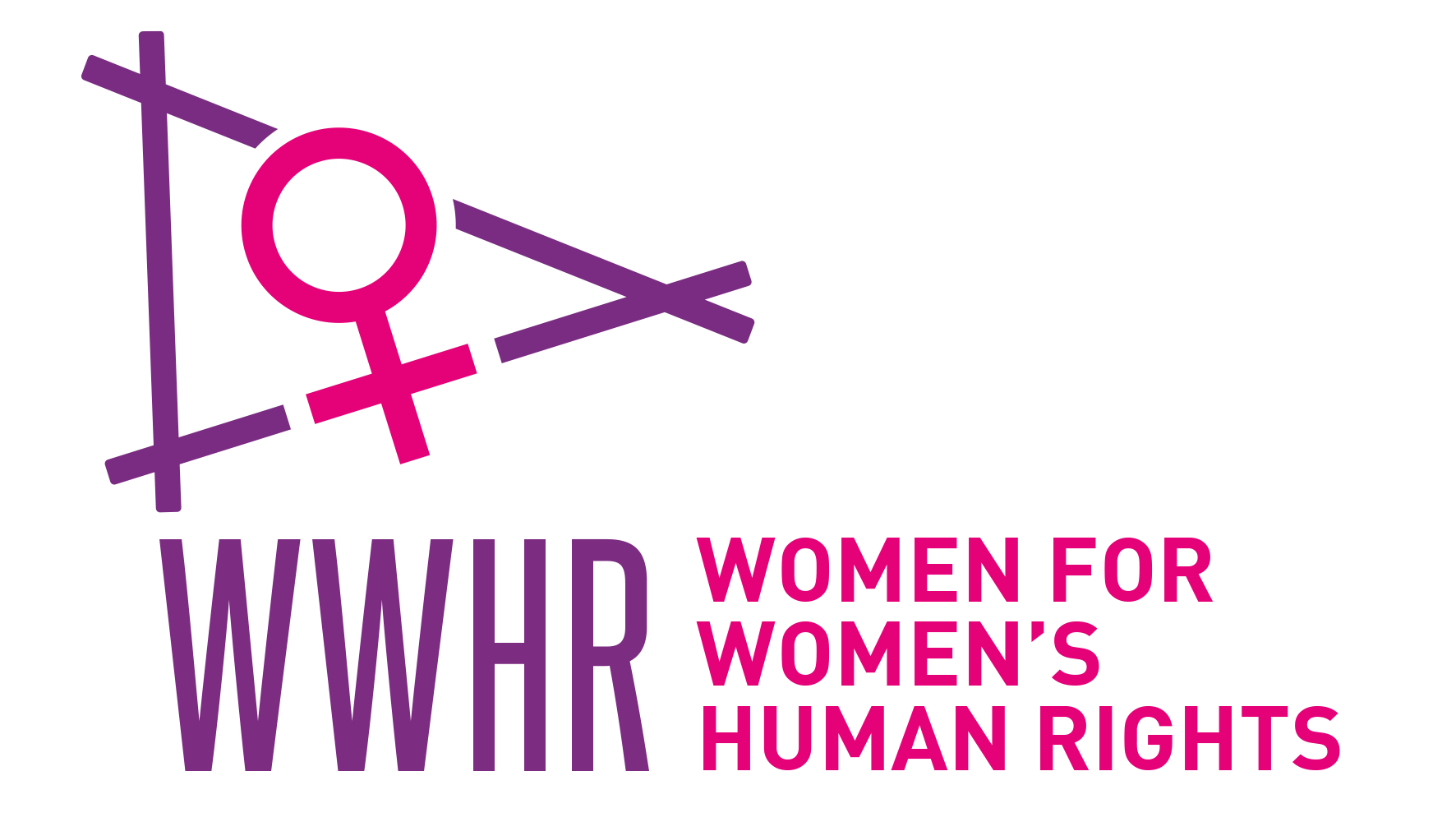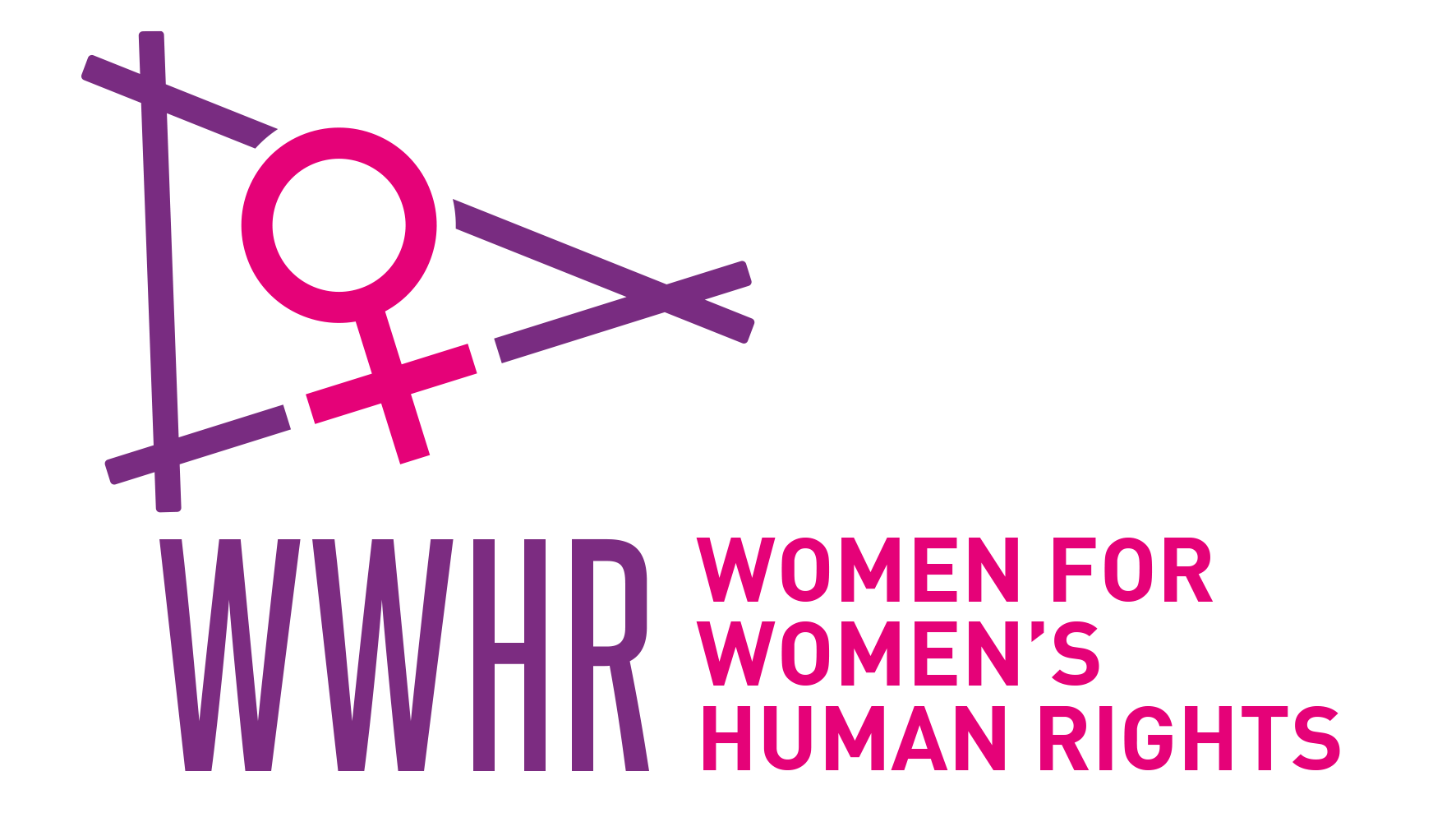THE CONVENTION ON THE ELIMINATION OF ALL FORMS OF DISCRIMINATION AGAINST WOMEN (CEDAW)
As one of the 9 core international human rights treaties adopted by the United Nations (UN), the Convention on the Elimination of All Forms of Discrimination Against Women (CEDAW) is the only one among them that has a special focus on women’s human rights and gender equality. Also described as an international bill of rights for women, CEDAW is one of the most valuable instruments for protecting and advancing women’s rights in States Parties. It aims for substantive equality, calling on states that have signed the convention to make commitments to prevent all forms of discrimination against women, improve women’s status in society, and transform gender relations and gender-based stereotypes.
CEDAW was adopted by the UN General Assembly in 1979, entered into force in 1981, and was ratified by Turkey in 1985. In becoming a signatory, States Parties undertake the obligation to take concrete steps to eliminate discrimination against women, and to regularly report to and inform the CEDAW Committee on measures they are taking for the advancement of women’s human rights in their country. As per the Convention, States Parties are required to submit country reports / official reports to the Committee – the first being within one year after the Convention’s entry into force and the rest every four years thereafter.
It became common practice for women’s organizations to prepare “shadow” or, in other words, “alternative” reports to submit to the CEDAW Committee from 1997 onwards. These shadow reports function as an effective tool for advocacy, providing a civil society perspective on whether progress is indeed being made in terms of women’s human rights as stipulated in CEDAW and ensuring a much more transparent and participatory process for country reviews performed by the CEDAW Committee.
As Women for Women’s Human Rights(WWHR), we have been participating in the CEDAW process since 1997 to have the priorities and demands of the women’s movement included in the “Concluding Observations” prepared by the CEDAW Committee in response to the government’s report. To this end, we have been drafting shadow reports during review periods, as well as engaging in advocacy efforts targeting the CEDAW Committee along with the government.
To read country reports submitted by Turkey to the CEDAW Committee, the Committee’s questions to the government and concluding observations, please visit this link.
For the shadow NGO reports prepared by women’s organizations in Turkey up to the present, please check the list below:
- CEDAW Shadow NGO Report for Turkey (2021)
- CEDAW Shadow NGO Report for Turkey (2016)
- CEDAW Shadow NGO Report for Turkey (2010)
- CEDAW Shadow NGO Report for Turkey (2005)
- CEDAW Shadow NGO Report for Turkey (1997)
The Optional Protocol to CEDAW
As a subsidiary agreement to the CEDAW Convention, the UN General Assembly adopted the Optional Protocol in 1999 and opened it for signature. The Optional Protocol confers on the CEDAW Committee the competence to consider complaints from individuals or groups of individuals in certain cases of gender discrimination and rights violations.
On condition that the complainant has exhausted all domestic remedies, the Committee considers the alleged rights violation and communicates its recommendations to the concerned parties. As per the provisions of the protocol, the State Party in question must then inform the Committee as to any actions it has taken to address said rights violation in accordance with the Committee’s views or recommendations. In cases of grave and systematic violations, the Optional Protocol also enables the Committee to initiate an inquiry with the consent of the concerned State Party. The Optional Protocol amplifies the effectiveness of the Convention and the Committee by virtue of the powers it grants the Committee and its creation of an additional mechanism for civil groups to get involved in the CEDAW process. It was signed by Turkey in 2000 and entered into force upon ratification by Parliament in 2002.
The full text of the Optional Protocol to CEDAW is available here.
CEDAW’s General Recommendation No. 35
General Recommendation No. 19 on “Violence Against Women” issued by the CEDAW Committee at its 11th Session taking place in 1992 was updated by the Committee on July 18, 2017, to be adopted as General Recommendation No. 35 this time on ‘Gender-based Violence Against Women’. General Recommendation No. 35 was prepared in light of the various trends and developments observed with regards to gender-based violence against women in the 25 years since General Recommendation No. 19 was issued. General Recommendation No. 35 recognizes that preventing violence against women has become a norm of international law for states, and involves novelties such as acknowledging that gender-based violence against women may amount to torture in certain circumstances or that restrictions on reproductive rights are forms of violence against women.
Follow this link for General Recommendation No. 35.
Follow this link for General Recommendation No. 19.



